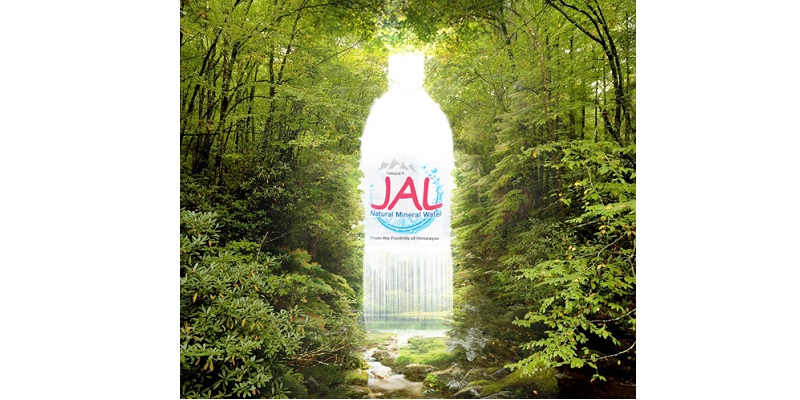Behavioural economics is a branch of research that combines psychology and economics to understand better how and why people act in counter to their best interests. Conventional economics presumes when a person has to make a decision, they have most of the information to make a rational decision. On the other hand, behavioural finance indicates that humans are vulnerable to various biases and self-control challenges that prevent them from making sound judgments. Behavioural economics can contribute to developing a framework for reducing bottled water needs by implementing jal packaged drinking water supplier behavioural science solutions to increase trust in water quality and reduce the symbol of status impact.
Even as information concerning the harmful characteristics of plastic bottles becomes more widely available, bottled water usage has consistently increased over the last two decades. Discontent with the flavour of tap water quality worries that water supply is hazardous to drink, two significant issues that consumers have cited as contributing to their bottled water usage habits. However, various hidden biases contribute to excessive bottled water usage, including a lack of confidence in consuming water companies, societal attitudes toward drinking branded drinking water, and the perceived relatively inexpensive bottled water.
Emblem of Power
In recent decades, bottled water, like another consumer packaging, has been highly branded and promoted, resulting in high-end and even designed water bottle labels. Consumers are inclined to think of the stainless steel water brand they’re carrying as an extension of their status and how others see them. Furthermore, when sports, celebrities, and authorities promote water bottle firms, their supporters are more inclined to buy that brand of plastic bottles. Obtaining the endorsement of significant opinion leaders and well-known jal water brandfigures would create an authority bias, making the message more powerful. Letting these opinion leaders travel to places or channels that locals already frequent (e.g., Insta, YouTube, Town Hall events) to broadcast their endorsement for not buying tap water might generate authority bias, causing individuals to reduce or stop using plastic containers.
Closing
Bottled water not only leads to environmental pollution, but it also loses us hundreds of billions of dollars each year, all when a nearly free, safe, and eco sound alternative is available right in our own homes. Because bottled water sales for the in-use are disproportionately made by low-income, minority people of colour, converting these customers to tap water consumers can help cut costs and build trust in local utility companies. As we’ve shown, many of the reasons individuals drink the water are social-economic. Therefore,behavioural economic principles might provide practical and simple treatments to help people make this sound change.Plastic water bottles that are only used once are a massive cause of environmental and resource consumption and an economic burden on customers worldwide. Today, less than one in every four bottles of water is recycled adequately in the U.s (US), with the remainder ending up as trash or in landfills, including over 2 million tonnes of wasted plastic bottles may be discovered.
